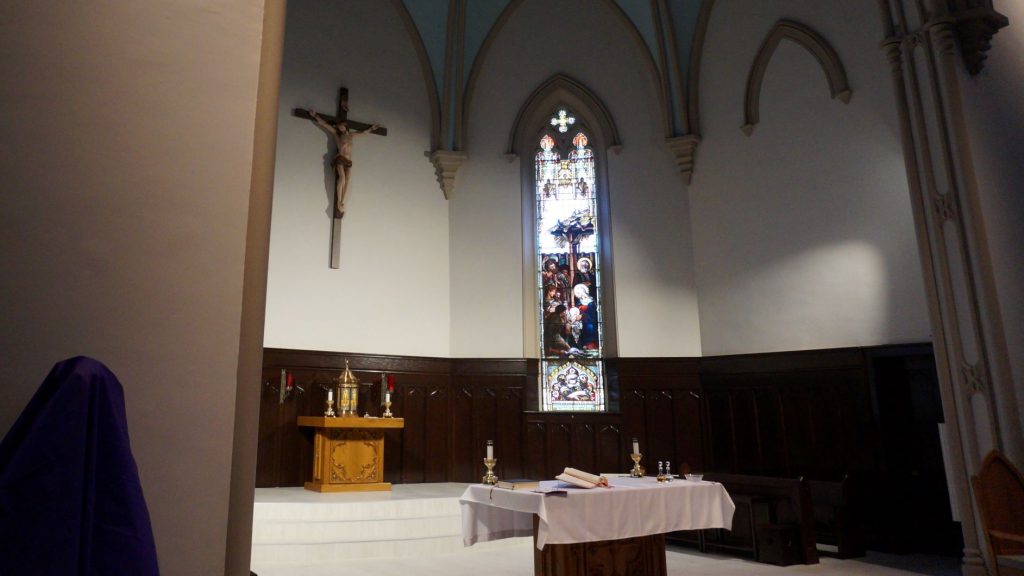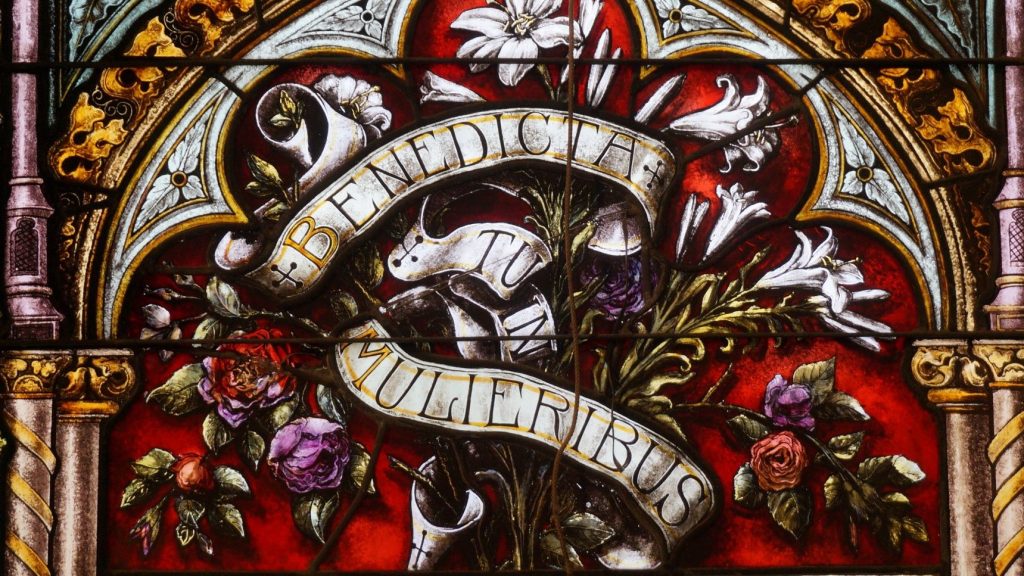March 31, 2020
My Dear Brothers and Sisters in Christ,
One struggles to find something to express about our present circumstances that is not cliché, and so an unneeded addition to the clutter of sentiment, both good and bad, that is to be found in the media and on the internet.
“This too shall pass,” has been heard enough. Some have put this message of hopeful resignation more eloquently and originally than others, but as with the wartime generation that knew “Keep Calm and Carry On,” those who live with an essential hope in the future founded upon faith are already living in the spirit of such words. As to those without, I cannot wonder what effect these messages can have beyond a temporary leavening of mood.
This past Sunday (March 29) was the fifth of Lent, and the gospel reading was of the raising of Lazarus—a resurrection in anticipation of the Resurrection; a bringing back to this life to foreshadow the raising up to eternal life of all believers. The account is filled with theological gems, but I will reflect upon just one moment in the story: Martha’s confession of faith.
We know Martha as a woman of action, even to the point of distraction. She was the one Jesus admonished for failing to “take the better part” and to sit with her sister Mary and listen to our Lord as he taught rather than to run about the house attending to its business, resenting Mary’s apparent leisure.
When she hears that Jesus is arriving belatedly, she goes out to meet him on the road. How should we take her first words to him? “Lord, if you had been here, my brother would not have died.” Has she just upbraided Jesus? And done so publicly? The words strike us as scolding.
But then, there is this curious pivot on her part. Having vented her disappointment, she then says, “But even now I know that God will give you whatever you ask of him.”
I know that I have expressed frustration, exasperation with our current situation. In the emptiness of our church as I vacuumed the balcony carpeting, I caught myself muttering. Sitting in front of the office computer, reading the latest news, government pronouncements, the commentariat’s musings, I’ve found myself rebuking the screen. To what end? To whom was this all addressed? Casting these words out into the universe—from my lips to God’s ears, I suppose was my unconscious aim. Of course, there was the temporary relief, a letting off of steam at a mute machine, a stretch of worn out carpet.

Our collective frustration with the enforced disruption of community, of our parish family, of the broader civil life we’ve enjoyed hitherto, gives rise to thoughts that have found no better expression than in the psalms: “How long, O Lord?” (Ps. 13) And the question not only concerns our predicament, but also the inactivity, the enforced passivity that we find ourselves in. So, like a great many people, I’ve taken to the road, the streets around the church, going out for walks as, well, something to do.
And in that, and other activity for the sake of it, I find myself with Martha who can’t sit still, and come to the same confession that she makes when there is no more to say, and nothing to be done; affirming a belief in the Resurrection, but understanding that as something only for the distant future, not to be experienced any time soon. Faith is something of an abstraction in this instance. Not unreal, just not imminent—it’s not of the here and now.
Jesus comes to dispel such faith, and replace it with one that is concerned with the here and now. Our faith, while it is about living in anticipation of eternal life, brings us to live that eternal reality now in full confidence in God’s power to heal and to redeem, to resurrect and to save.

Our parish, an expression of the body of Christ in Dundas, Flamborough, and its surroundings, is suffering an illness, but one that “does not lead to death: rather it is for God’s glory, so that the Son of God may be glorified through it.”
The day of the church’s reopening will come. The stone will be rolled away, and St. Augustine’s will emerge into the light of day. The binding cloth of the winding sheet will have to be removed, the fear of death that grips us, so that we can in the power of this lesser resurrection give evidence of the greater one to come.
This will mean working as a community under the current constraints, and making preparations for our reemergence, as well as maintaining what we possess as a community of faith. Our belief makes it possible to make sacrifices that are of no immediate application to our immediate personal circumstances, but are given in expectation of a glory to be revealed.
The parish can be supported by whatever we can give it. For my own part, I am “laid off” and likely to remain so for the month of April. I will act as custodian of the parish property and administrator of the parish office, and as parish priest see that the mass is offered. My other effort, aided by my wife, Biserka, will be to coordinate your good work of keeping up the community through prayer, reaching out to each other through phone calls, emails, and any other means, so that no one feels bereft of the company of the saints, those militant here on earth, or triumphant in heaven.
I leave you with this prayer of St. Augustine for God’s protection:
Lord, our God, we are in the shadow of
your wings. Protect us and bear us up. You will care for us as if we were
little children, even to our old age. When you are our strength, we are strong;
but when we are our own strength, we are weak. Our good always lives in your
presence, and we suffer when we turn our faces away from you. We now return to
you, O Lord that we may never turn away again.
Amen.
Your servant in Christ,
Fr. Scott Whitfield
To aid in the support of parishes, the Diocese of Hamilton has created a means by which financial support can be given to one’s own parish online. Click the link, and you will be taken to the Diocese of Hamilton’s website and the page for online gifts to support your parish.
https://hamiltondiocese.com/stewardship-and-development/supportmyparish